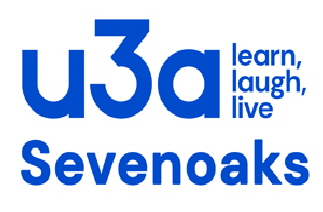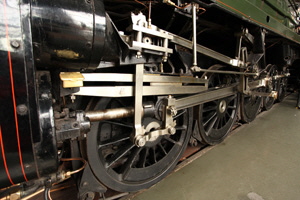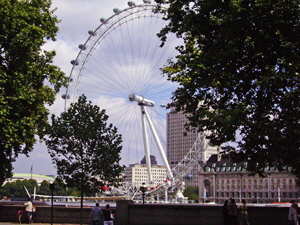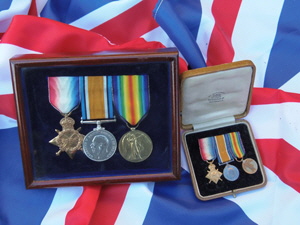You Are Here :
History
- Family History
FAMILY HISTORY
The main aim is to help members establish and extend their family trees by collecting collating and reviewing what is known within the family, check sources of information to confirm details. Learn how to develop family research skills using record offices, websites and other specialist sources.
New Members welcome
Contact : Jean Stirk
Meetings : Wednesday, 4th, 10.00 - 12.00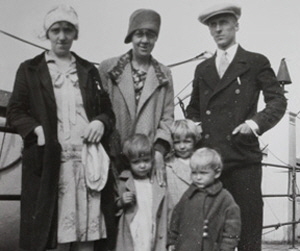
- History of Transport
- History Through The Ages
HISTORY THROUGH THE AGES
We look at worldwide historical topics throughout the ages. Each year the group chooses a particular period to work within covering royalty, literature, technology, political figures and events. Each member of the group chooses a subject and presents it to the group. We also organise occasional visits and links with other history groups. We have operated on Zoom but are now meeting at each others houses. Vacancies for 1 or 2 more.
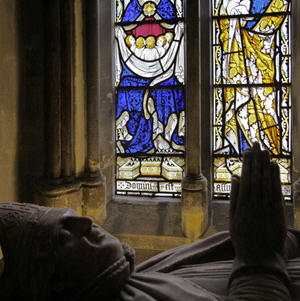
Contact : Linda Gilbert or Jennifer Ruffles
Meetings : Wednesday, 1st, 10.00 - 12.00 - London Studies 1
This is a well established group that has been running since 2005. We work in pairs to organise visits; the first month is a local meeting to present information on the trip, the second month is a full day visit to London either self guided or with a professional guide.
Contact : Diana Goymer
Meetings : Tuesdays, 3rd, 2 pm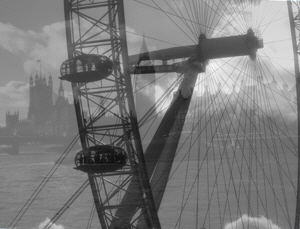
- London Studies 2
- London Villages
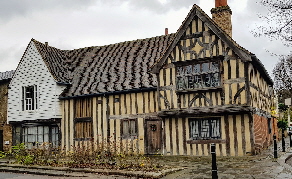
LONDON VILLAGES
London used to have over 140 separate villages and many of them have very interesting histories.
Group members choose a subject (such as a person, building, event/s) connected with the village and gives a presentation. The programme for each village will begin with a scene setting talk from one member.
So far we have investigated Clerkenwell, Southwark, Greenwich, and Richmond. We intend to visit some of the places we have researched.
Contact: Beryl MansellMeetings: 3rd Thursday - 14:00 - 16:00
- Military History
- Our Industrial Past
OUR INDUSTRIAL PAST
This new group combines the disbanded Industrial Heritage and Industrial History groups. We will discuss the history of industrial activity from early times to within living memory, covering local, national and international subjects. We like members to contribute with research and presentations. Interest rather than expertise is all that is needed.
Vacancies.Contact : Rob Weighil
Meetings : 3rd Wednesday, 14.00 - 16.00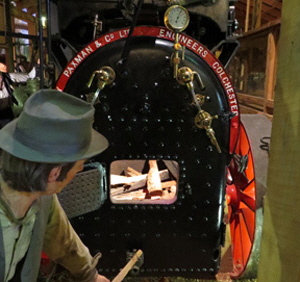
- Peace & Conflict Studies
PEACE & CONFLICT STUDIES
The Peace and Conflict Group embraces a much wider area of interest than just military battles. As we have evolved we have recognised that the background to conflict has much wider consequences which embrace factors such as Politics, Sociology, Economics and Technology, and this leads to a wider view of the effects of conflict and how it shapes the world in which we live.
Our studies to date have included the complex background to the current conflict in Ukraine, Heads of State and Napoleon III in Exile. For the forthcoming programme we will be exploring Yugoslavia, The Pentagon Papers and Vietnam and the 1812 War and other topics.Contact : Bob Ruffles
Meetings : Otford Methodist Church, Wednesdays, 2nd, 1.30 - 3.30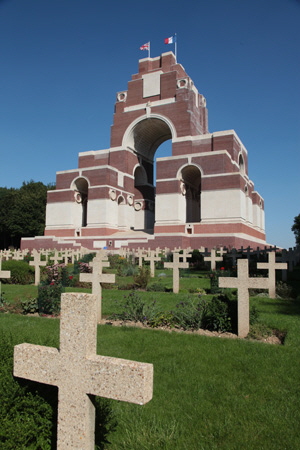
Copyright : Sevenoaks u3a 2011 - 2023
